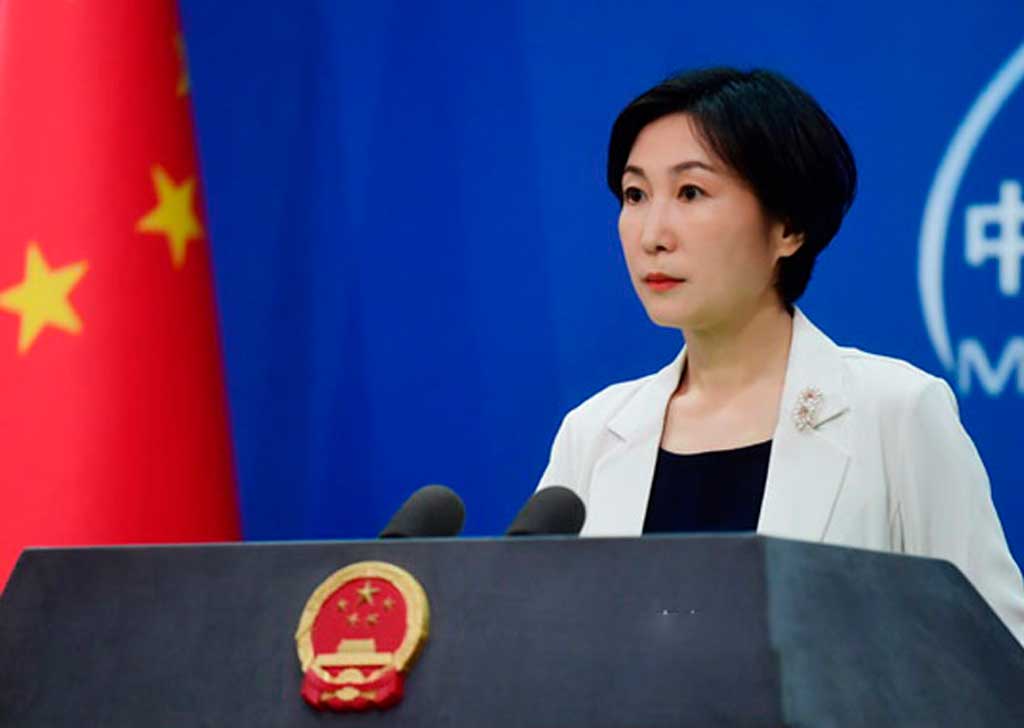Foreign Ministry spokesperson Mao Ning, in a joint statement, expressed concern over what she called inappropriate content about China by those nations under the pretext of trilateral cooperation. “The show of force and provocation by certain non-regional countries in the South Sea are not conducive to peace and stability in the area,” she emphasized.
Regarding the latest tensions in the South China Sea, Mao classified the situation as stable, and reaffirmed China’s decision to defend territorial sovereignty and its maritime rights. She also reiterated the commitment to resolve differences appropriately through dialogue and negotiation with the parties involved. Moreover, she stressed that the Taiwan issue is part of China’s internal affairs and “does not admit any interference from external forces.”
Mao added that the key to maintaining peace and stability in the Strait lies in the recognition of the One China principle. The spokeswoman stressed that the Asia-Pacific region is not a board for the game of great powers. “We urge relevant parties to effectively respect the efforts of regional countries to maintain peace and stability, abandon Cold War thinking, stop the creation of confrontation of blocs and aggravating tensions in the region,” she commented.
Mao thus responded to a statement by the United States State Department, together with Japan and South Korea addressing the situation in the South Sea and the issue of security across the Taiwan Strait.
This occurs less than a week before Taiwan’s leadership elections, in which the candidate of the ruling Democratic Progressive Party and current vice president, Lai Ching-te, appears as one of the favorites.
The candidate is a separatist defender of the “Taiwan independence” who even stopped over and held political activities in Washington last year, generating high tensions between the world’s main powers.
jrr/llp/jf/idm










